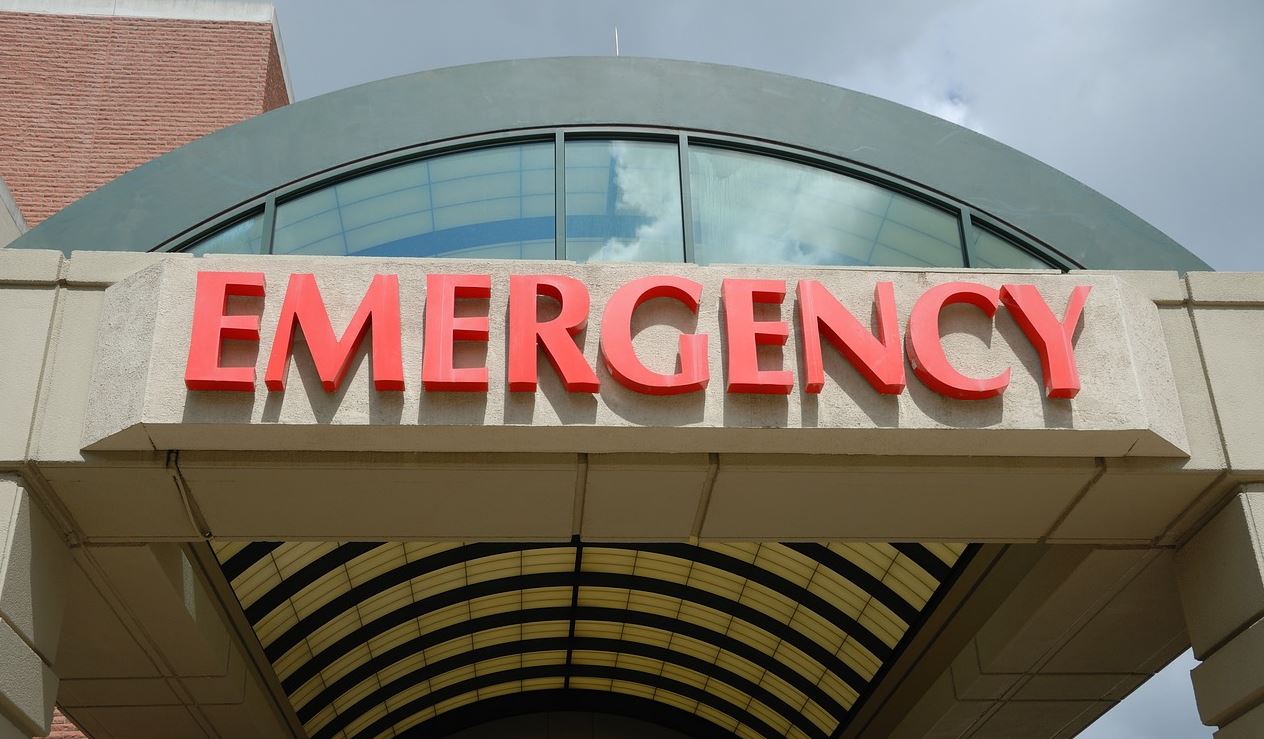 By B.N. Frank
By B.N. Frank
Are you as freaked out by this as I am? What’s the point of paying for health insurance if you’re expected to be your own doctor in a potential medical emergency situation?
Equally alarming, UnitedHealthcare isn’t the first American health insurance company to want to implement a policy that could retroactively deny coverage for emergency medical care.
From Ars Technica:
Biggest health insurer plans to deny ER bills if it doubts you had an emergency
UnitedHealthcare delayed the policy’s rollout, but experts worry about chilling effect.
Doctors and hospitals are condemning plans by UnitedHealthcare—the country’s largest health insurance company—to retroactively deny emergency medical care coverage to members if UHC decides the reason for the emergency medical care wasn’t actually an emergency.
In the future, if one of UHC’s 70 million members submits a claim for an emergency department visit, UHC will carefully review what health problems led to the visit, the “intensity of diagnostic services performed” at the emergency department (ED), and some context for the visit, like the member’s underlying health conditions and outside circumstances. If UHC decides the medical situation didn’t constitute an emergency, it will provide “no coverage or limited coverage,” depending on the member’s specific insurance plan.
Emergency medical doctors and hospitals were quick to rebuke the plan. They say it sets a dangerous precedent of requiring patients to assess their own medical problems before seeking emergency care, which could end up delaying or preventing critical and even lifesaving treatment.
The policy was initially set to take effect July 1. But in an email to Ars Thursday, UHC now says it is delaying the rollout amid the criticism—at least until the end of the pandemic.
“Based on feedback from our provider partners and discussions with medical societies, we have decided to delay the implementation of our emergency department policy until at least the end of the national public health emergency period,” a UHC representative told Ars in an email. “We will use this time to continue to educate consumers, customers, and providers on the new policy and help ensure that people visit an appropriate site of service for non-emergency care needs.”
Impossible prognosis
The delay is unlikely to ease critics’ concerns. After the policy was first announced last week, doctors were quick to note that assessing the necessity of emergency care before it’s actually given is nearly impossible. Many serious conditions have symptoms that overlap with nonserious conditions. For instance, chest pain may simply be a symptom of acid reflux or a panic attack, but it could also be a sign of a life-threatening heart attack. A bad headache could just be a bad headache, or it could signal a dangerous brain bleed.
In a 2018 analysis published in JAMA Open Network, researchers found that up to 90 percent of the symptoms that prompted an adult to go to the emergency room overlapped with symptoms of nonurgent conditions, which may be denied coverage in the future. But those same symptoms could also be linked to life-threatening conditions.
That analysis was spurred when the second-largest insurance company, Anthem, instituted a similar policy to UHC’s and began denying ED coverage.
Image: Pixabay
Become a Patron!
Or support us at SubscribeStar
Donate cryptocurrency HERE
Subscribe to Activist Post for truth, peace, and freedom news. Follow us on Telegram, SoMee, HIVE, Flote, Minds, MeWe, Twitter, Gab, Ruqqus and What Really Happened.
Provide, Protect and Profit from what’s coming! Get a free issue of Counter Markets today.